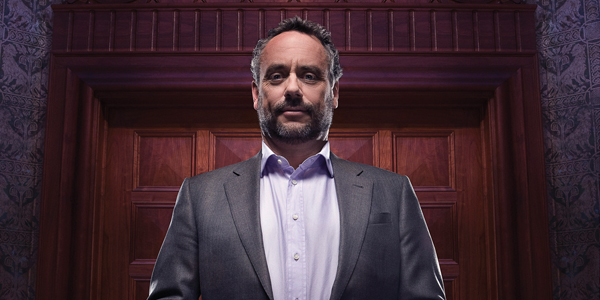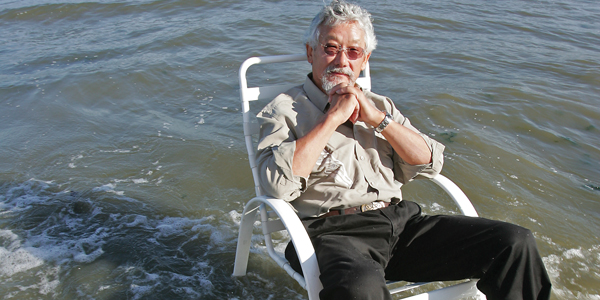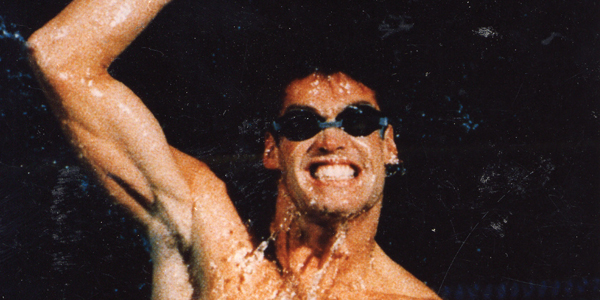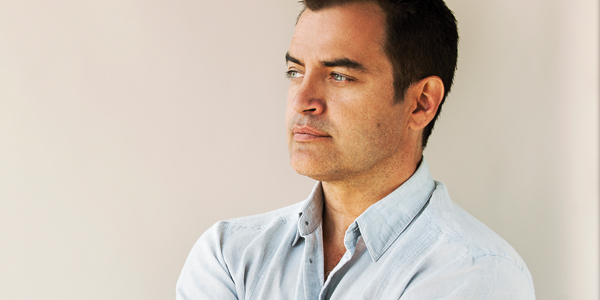 At eleven years old my father, my siblings, and our Maltese cross, “Bimbo” (yes, right name, long story) trekked across Canada from Ontario in a silver Volvo sedan prone to overheating. When we eventually arrived in Vancouver, I stood in front of the Vancouver Clock Tower and announced to my father that I was going to live here. The dream was as instant as it was certain. Seven years later the only University I applied to, and was fortunately accepted into, was the University of Victoria in British Columbia. As a four-time Olympic athlete, the value of having dreams and setting goals to make them come true was programmed into my young mind – if it wasn’t already in my DNA.
At eleven years old my father, my siblings, and our Maltese cross, “Bimbo” (yes, right name, long story) trekked across Canada from Ontario in a silver Volvo sedan prone to overheating. When we eventually arrived in Vancouver, I stood in front of the Vancouver Clock Tower and announced to my father that I was going to live here. The dream was as instant as it was certain. Seven years later the only University I applied to, and was fortunately accepted into, was the University of Victoria in British Columbia. As a four-time Olympic athlete, the value of having dreams and setting goals to make them come true was programmed into my young mind – if it wasn’t already in my DNA.
And yet, there was a randomness to how I arrived in Victoria, with a dream of becoming a marine biologist, recruited for my rowing talent, and with only one good friend in the city. Dreams have been a large part of my entire life. This doesn’t mean they always occupy the forefront of my mind, many times they have been forgotten and then found again in images I tear out of magazines, or in the charitable work I’m drawn to, or people whose company I delight in. That “the dream never dies” is indeed true, dreams become etched in our imagination so deeply we can hardly remember when they started and we are rarely completely finished with them.
Dreams and goals are interconnected. Dreams are what we imagine, the things that excited us at a cellular level; perhaps the image that, once conjured, puts a gentle smile on our face. In order to move toward these dreams we must learn the skill of setting some short and long term goals. A plan, however naïve, is a powerful tool.
My first plan when I started rowing was to make the National Team in the first year I tried. I launched this plan by writing away for the National Team training programme and, once it arrived, I followed that programme to the letter.
Ignorance was my secret weapon because I simply didn’t know how hard it was to master this sport, and how physically demanding it really was.
I believed that if I followed the National Team programme I would make the National Team, and this belief squashed my fear and limiting beliefs that would sometimes rise to the surface. I did indeed make the National Team that first year, most plans, however, involve many missteps and disappointments. In both my rowing career and my speaking and writing career, I’ve experienced far more rejections than affirmations. If we simply look at success as the marker for whether we’re on the right track or not, we’ll soon become discouraged. Success came quickly for me in the early years of my rowing career, but I also regularly got dumped in the river; as if to remind me that sogginess was part of the experience.
Setting some short term goals for my speaking career has kept me motivated and immersed in lifelong learning. Whether I set a goal to attend a writing workshop, book ten new clients, or develop a new presentation; all of these goals move me closer to living my ultimate dream. For most of us there is not one singular moment when we start living “The Dream”. In rowing, I simply got better.
My realistic short term goal became winning the Nationals, then making the World Championship Team, then winning the World Championship medal and so on. My dreams of writing a book, helping kids in Africa, and winning an Olympic medal have all come true but in all of these cases, it was only afterward that I took a moment to acknowledge and marvel at what I had actually accomplished.
Dreams continue to be what makes life so fun. I love that I can close my eyes and still feel thrilled about what I do. I wish this gift for others.
Goal setting is widely understood in our culture as imagining something you want and taking steps toward that accomplishment, whether monetary or otherwise. Most ten-year-olds have been told by their teachers, parents, and coaches that they need to dream big and have goals. Targets and goals are built into sales cultures, our health care, and most large organizations; and yet, over the years of speaking and lecturing, I’ve noticed that asking people to step back and reflect on their dreams can create looks ranging from disconnect to complete terror. Last week, a woman confided in me that she knew she “should” have a dream, but she hadn’t yet found her passion.
Some of us knew from a tender age that we wanted to be a veterinarian, a poet, or an Olympic athlete. For most of us, reconnecting to our dreams and discovering the things we love to do is a matter of paying attention. Listening for those murmers of contentment when we’re engrossed in the garden, or noticing how quickly the hours go by when we’re helping a neighbor organize their home.
We need to look for joy as if we’re miners panning for the tiniest trace of gold. Whether it shows up for a brief minute while serving on a community board, or organizing a game for young children, or while we’re listening to a commentary on CBC, even the briefest feelings of joy are like sign posts pointing us to our true north; the place we’re meant to be heading.
There is a common misunderstanding of what it means to have found our calling; that those who have found it always love what they do, they find joy everyday and in most minutes. I can tell you that there were many days and weeks when I hated getting up in the rain to row another kilometer. It was cold and rainy and my hands were raw from all the pulling. But the months of joy came frequently and intensely enough to keep my enthusiasm high. Having met a few great novelists, I understand that the process of writing a work of art has moments of sheer drudgery. Our calling isn’t always painless.
If we can’t find some of that feeling in what we’re doing; some fun, some “wow”, some sheer delight; there’s a very good chance that we’re not on our true path, or that whatever path we’re on, we need to change course enough to include aspects of what brings us joy.
It takes courage to change direction mid journey. The fear is that too much will be wasted, that we’re turning our back on security in order to find greater joy.
I think of change in ten degree intervals. Most of the time we don’t need to do a one eighty in life, we just need to reconnect with the things we loved in the first place. We need to include more challenge, or more mentoring, or step away from a cynicism that has crept into the way we look at our work.
Ten percent shifts have an amazing way of transforming our lives. A ten percent shift in the wrong direction can move us miles away from our desired destination but, on the other hand, readjusting our course just a little bit can connect us to our deeper purpose, imbue our work with meaning, and reinvigorate our lives.
While looking for the perfect dream, the true deep purpose for our life, many of us miss the signposts that show us we’re moving in the right direction. As we lament that we don’t know what our dream is, or that we have to find something that inspires us, we miss what we’re doing right now in our life that brings us joy. Whatever it is that brings us joy; we want more of that.
Sometimes our desire to have a clearly defined dream can be so great it paralyzes us from taking humbler steps in the right direction.
In pursuit of a dream, nothing is more powerful than action; any movement in the direction of our dreams is worthwhile, consistent action transforms us. I meet people every day who are desperately looking for their passion and their “life work” by sitting and thinking about what they want to do with their life.
When I am really honest with myself, I acknowledge that all this uncertainty and soul searching may really be fear. Once I take those first few steps, the fear seems to lessen. Reaching my dreams doesn’t seem to be as important as embarking upon them in the first place. Every pursuit of a dream has lead to growth, increased courage, and new opportunities. Any step toward my dreams, no matter how small, changes and stretches me and is a success.
I have a belief that is vague on details but goes something like this: our life is a book already written whose chapters have multiple endings. Depending on the choices that we make, a chapter takes on a new direction, but the book moves forward with relentless rhythm and aspects of inevitability.
There are things that we’re literally meant to do and they appear again and again in the story until we eventual do them. No matter how we try to avoid it, or tell ourselves we’re scared, or it’s too hard, the things that we’re really meant to do in life show up in various incarnations.
I’ve decided to pay attention to what moves me, what inspires me, and what delights me. From these clues, I’ve developed a plan for my life, a plan that has been worked and reworked a thousand times depending on what hurdles, new information, and unforeseen circumstances I’ve encountered. The present plan is barely recognizable from those first sketches of my life I once drew, but I am deeply grateful for every aspect of the reality of my dreams.





